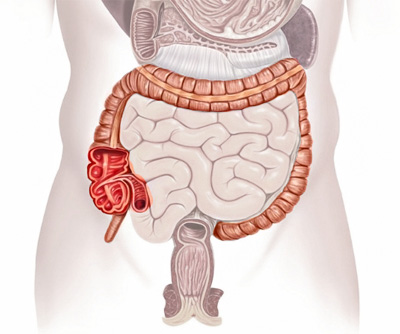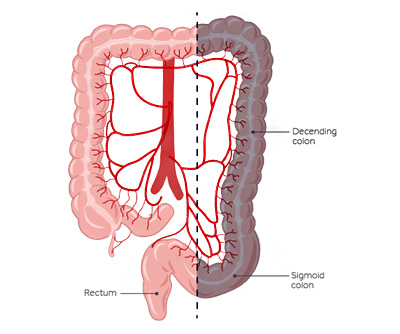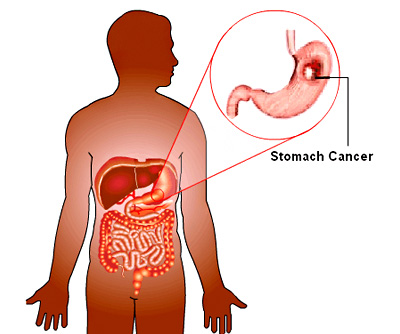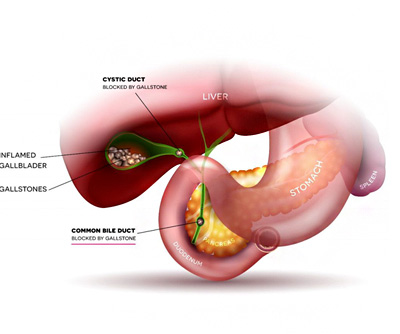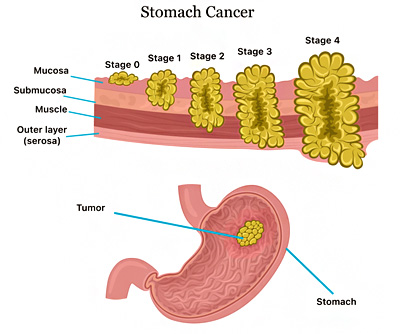
Colorectal surgery is a type of surgery that is performed to treat conditions of the colon, rectum, and anus. These conditions can include cancer, Crohn's disease, ulcerative colitis, and Diverticulitis. Surgery is often the only treatment option for these conditions.
The goal of colorectal surgery is to remove the diseased portion of the colon, rectum, or anus while preserving the healthy tissue. In some cases, the entire colon may need to be removed. This is called a colectomy.
Types of Colorectal Surgery
There are several types of colorectal surgery, including:
Anterior resection: This surgery is performed through an incision in the abdomen. The surgeon removes the diseased portion of the colon and reconnects the healthy ends.
Colonic interposition: This surgery is performed when the cancer is located in the middle or lower section of the colon. The surgeon removes the diseased portion of the colon and creates a new connection between the healthy ends.
Colostomy: This surgery is performed when the cancer is located in the upper section of the colon. The surgeon creates an opening in the abdomen and attaches a section of the colon to the opening. Waste is then diverted into a bag attached to the opening.
Rectal resection: This surgery is performed through an incision in the rectum. The surgeon removes the diseased portion of the rectum and reconnects the healthy ends.
Stapled hemorrhoidectomy: This surgery is performed to remove hemorrhoids. The surgeon staples the hemorrhoids to the rectum to remove them.
Colorectal surgery is a major surgery with a long recovery time. Most people stay in the hospital for 3-5 days after surgery. Recovery at home can take 4-6 weeks. During this time, you will likely have some pain and discomfort. Your surgeon will give you pain medication to help with this.
It is important to follow your surgeon's instructions during your recovery. This includes eating a healthy diet, getting plenty of rest, and avoiding strenuous activity. You will also need to take care of your incisions and avoid putting anything in your rectum for 6 weeks after surgery.
After you have fully recovered from your surgery, you will likely need to have regular follow-up appointments with your surgeon. You will also need to have regular colonoscopies to check for any new or recurrent cancer.
Treatments

Dr. Mayur Porwal
Minimally Invasive Surgical Solutions
Expert in GI Laparoscopy Surgery
& Specialist in Hepatopancreaticobiliary Surgery





